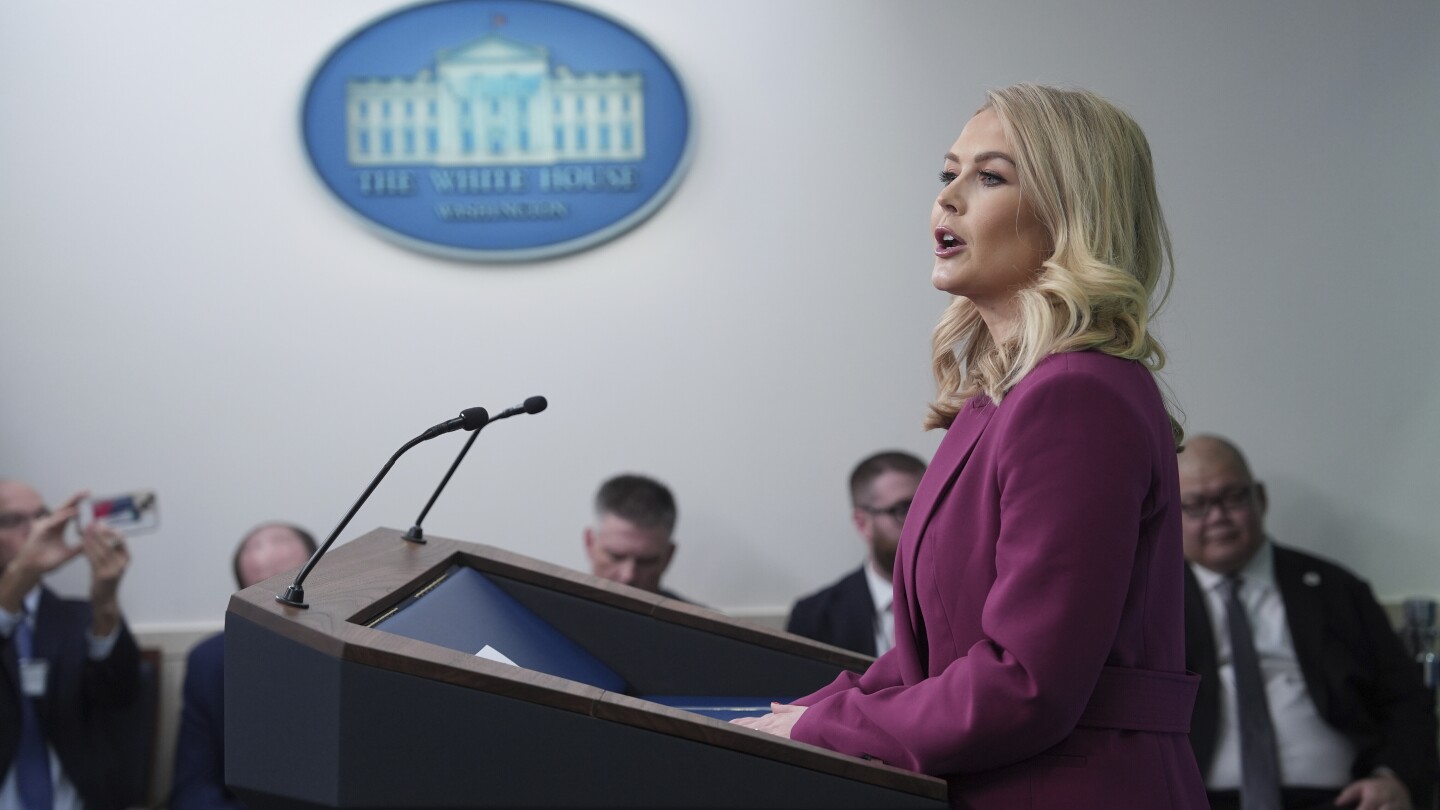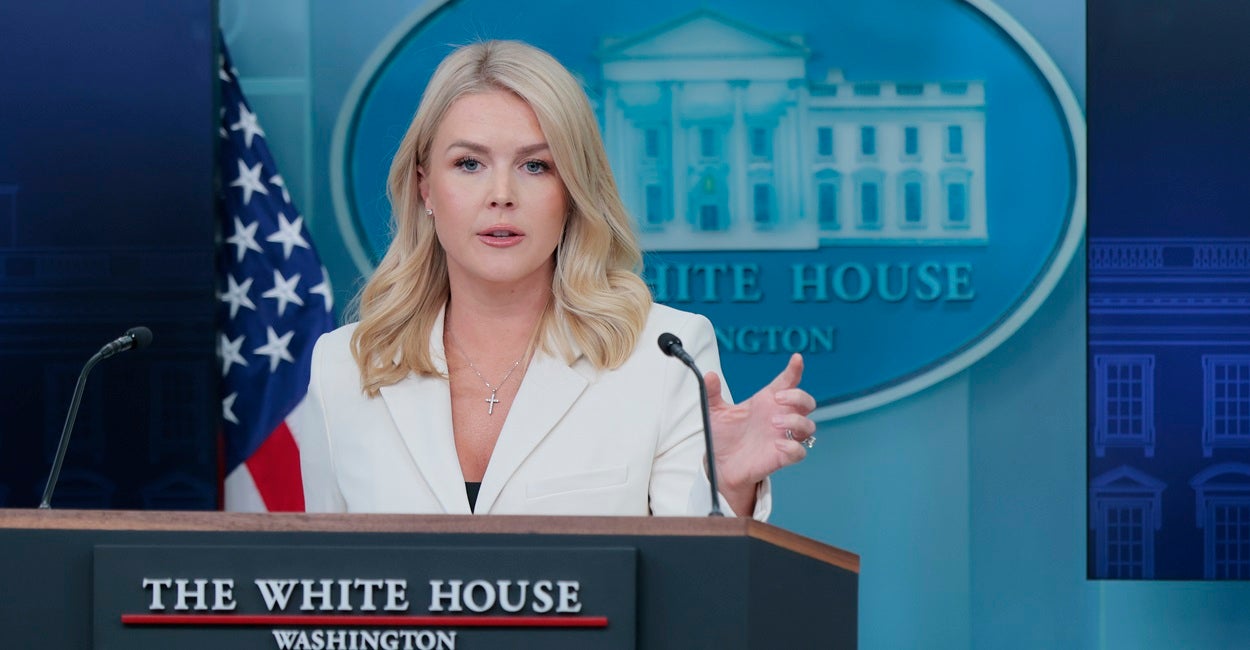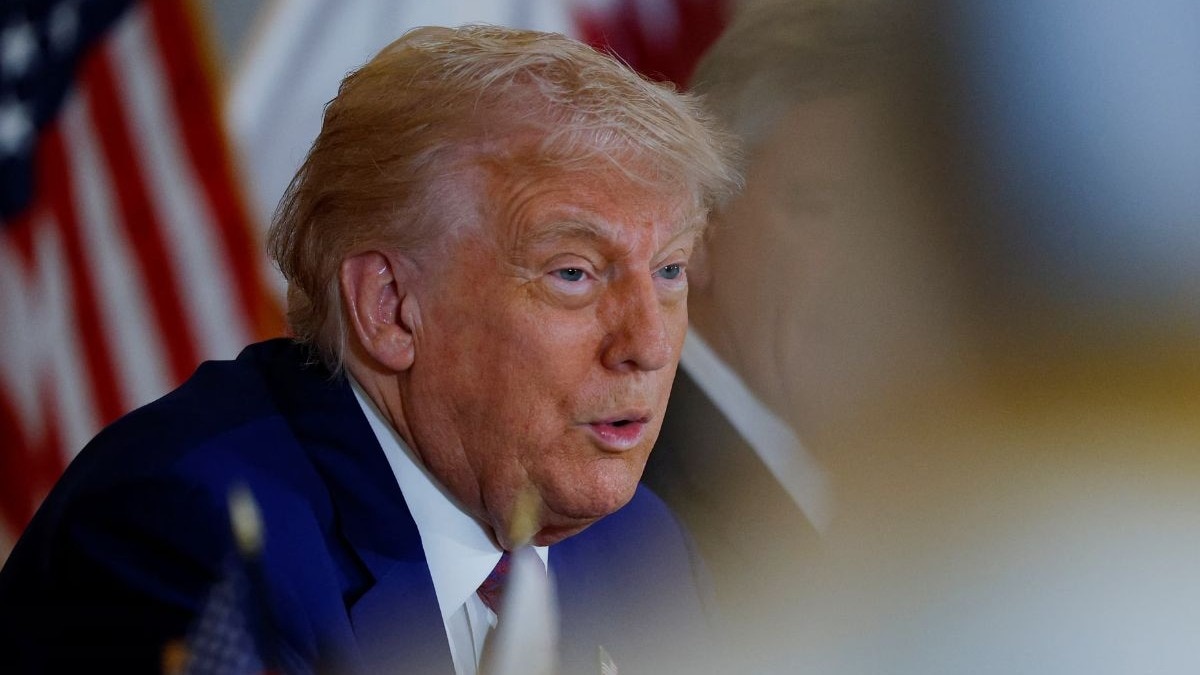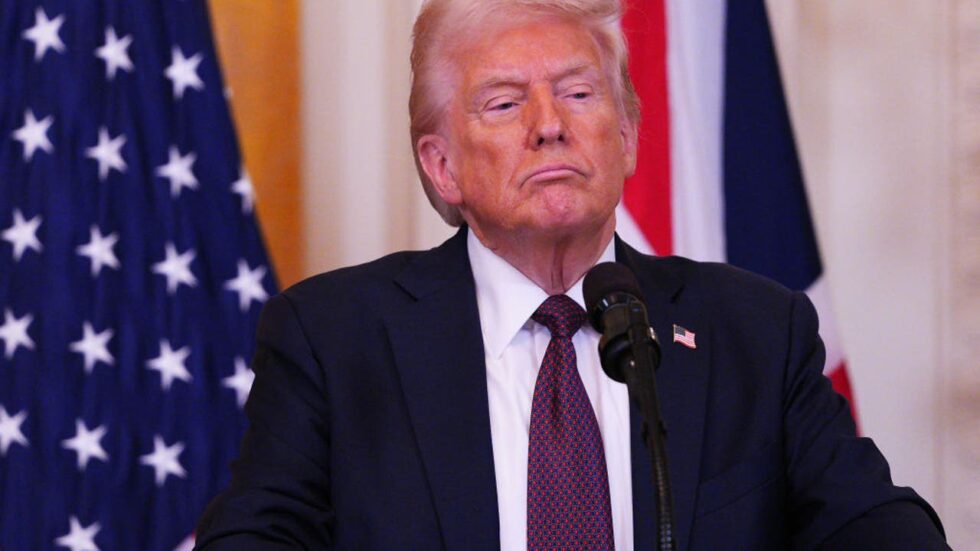
White House press briefing with Karoline Leavitt
White House press secretary Karoline Leavitt spoke to members of the media. Leavitt was asked about President Donald Trump’s upcoming trip to the Middle East, his desire to rename the Persian Gulf, the air traffic control issues at Newark Airport, and more.
President Trump’s top policy adviser, Stephen Miller, said Friday that the administration is considering suspending the constitutional right of habeas corpus—a foundational legal safeguard against unlawful imprisonment.
The comment, made during a press appearance outside the White House, reflects growing tensions between the executive branch and the judiciary as the Trump administration seeks to expedite deportations by reducing the role of courts in reviewing detentions.
What does habeas corpus actually mean?
The backstory:
Habeas corpus, a Latin term meaning “you shall have the body,” allows individuals held in custody to challenge the legality of their detention in court. It is a centuries-old legal mechanism that originated in English law and was enshrined in American jurisprudence through the Constitution and federal statutes.
In practical terms, a writ of habeas corpus requires the government to justify the imprisonment of an individual—whether they are a criminal defendant, immigration detainee, or military prisoner.
As the Cornell Law School’s Legal Information Institute explains, habeas corpus is not about determining guilt or innocence. Instead, it serves to ensure that a person is not held arbitrarily, without legal authority or due process.
Can a president suspend habeas corpus?
What we know:
Under Article I, Section 9 of the U.S. Constitution, the privilege of the writ “shall not be suspended, unless when in Cases of Rebellion or Invasion the public Safety may require it.” Legal scholars overwhelmingly agree that only Congress has the power to suspend habeas corpus, not the president—unless Congress explicitly delegates that authority.
Despite that, Miller told reporters: “The privilege of the writ of habeas corpus can be suspended in a time of invasion. So, to say that’s an option we’re actively looking at… a lot of it depends on whether the courts do the right thing or not.”
The administration has repeatedly invoked the term “invasion” in reference to undocumented immigration, including in executive orders and public statements.
What we don’t know:
It’s unclear whether the Trump administration could legally suspend habeas corpus without congressional approval, or if immigration qualifies as the kind of “invasion” the Constitution requires. Legal experts largely agree that only Congress can authorize such a suspension.
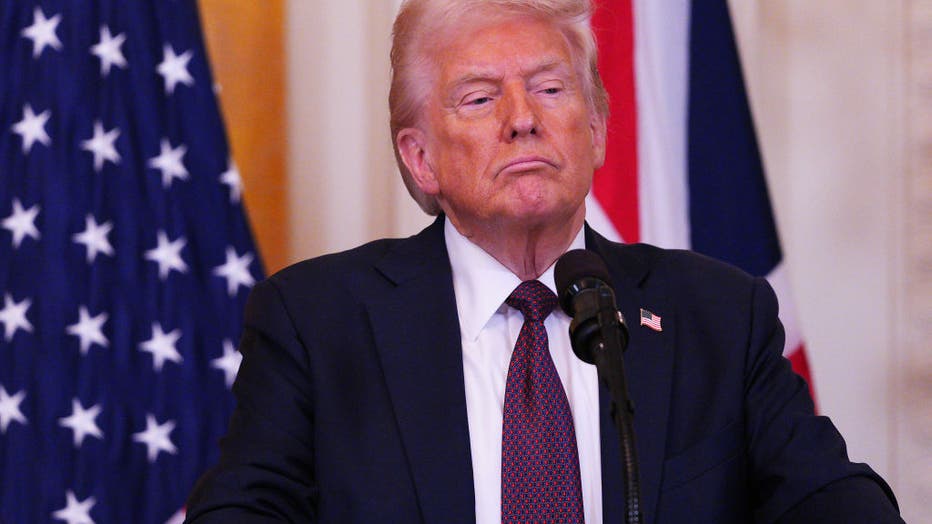
FILE – U.S. President Donald Trump speaks during a joint press conference with UK Prime Minister Keir Starmer in the East Room at the White House on February 27, 2025 in Washington, DC. (Photo by Carl Court – Pool/Getty Images)
It’s also unknown how courts would respond if the administration tried to limit detainees’ access to judicial review, or what specific actions might follow if habeas rights were suspended.
Why is the Trump team considering this now?
The other side:
The potential move comes amid the administration’s frustration with federal judges who have blocked or slowed deportations and immigration enforcement efforts.
Miller accused courts of waging a “war” on both the executive and legislative branches, citing a judge’s intervention in the removal of individuals with temporary protected status and a Supreme Court ruling that ordered the government to return a deported Venezuelan man.
Despite that ruling, the administration argued it did not have to actively bring the man back—prompting a federal judge to threaten the government with contempt.
What would suspending habeas corpus mean for immigrants?
Why you should care:
Suspending habeas corpus would remove one of the few remaining legal tools available to undocumented immigrants and asylum seekers challenging detention or deportation.
It would represent a seismic shift in the balance of power between the courts and the executive—and could set a legal precedent far beyond immigration cases.
The Source: This article is based on reporting from Axios and legal background information provided by the Cornell Law School’s Legal Information Institute. Statements by Stephen Miller were made during a press appearance at the White House and are included as part of public coverage of the administration’s immigration policy and legal strategy. This story was reported from Los Angeles.



